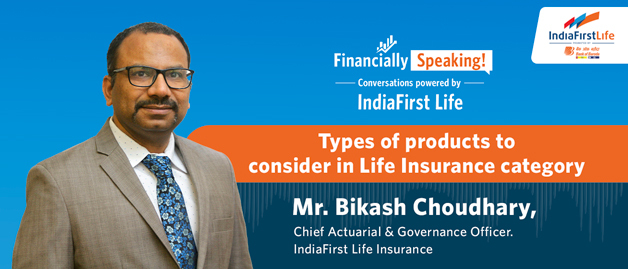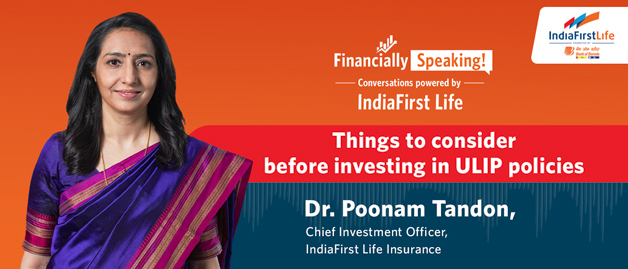IndiaFirst Life Guaranteed Annuity Plan
- Product Name
- Product Description
-
Ensure lifelong financial comfort with our Guaranteed Annuity Plan. A promise of consistent income in your golden years, this plan is a cornerstone of retirement insurance.
- Product Benefits
-
- Lifetime income assurance
- 12 annuity options to choose
- Joint life coverage option
- Critical illness protection
- Return of purchase price facility
- Product Buy Now URL and CTA Text
- Dropdown Field
- Retirement
- Porduct Detail Page URL

























